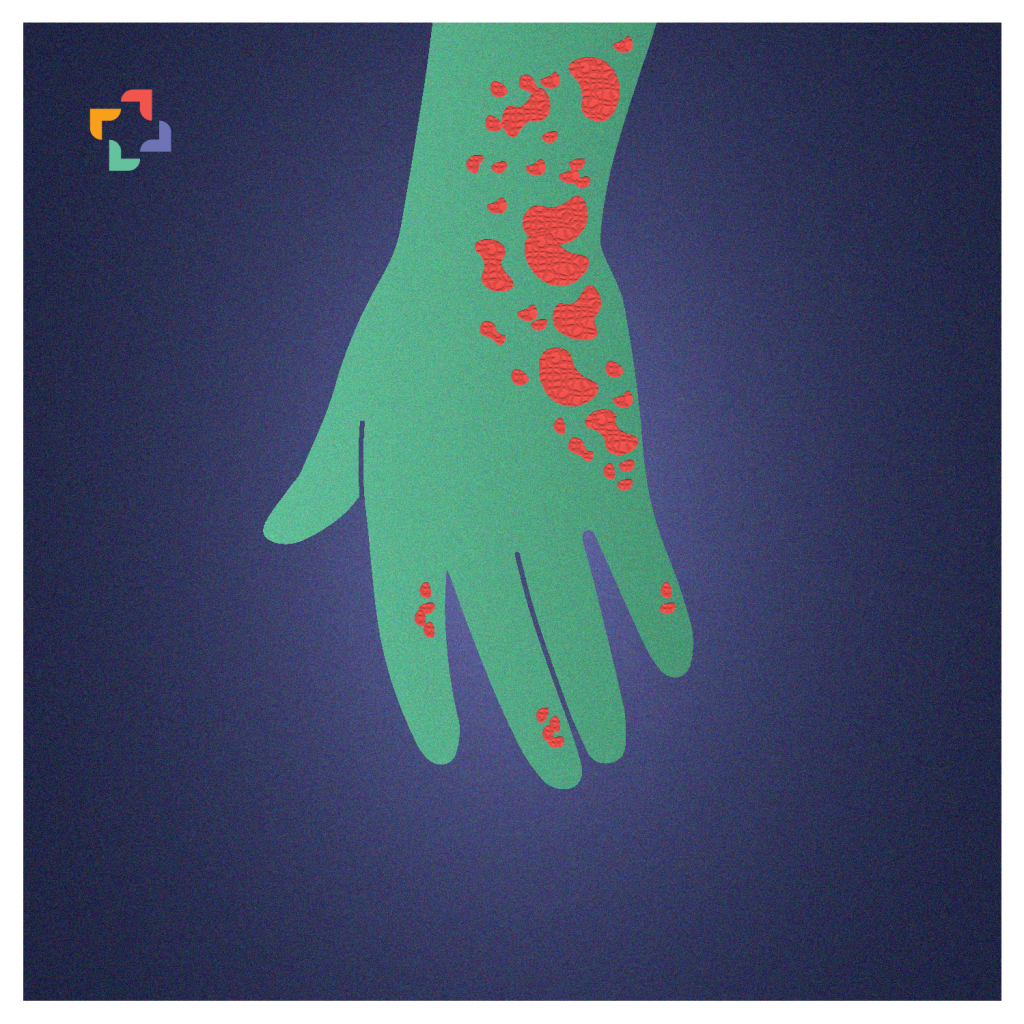Podcast-Eczema
Learning Objectives
At the end of this episode, participants should be able to:
- Explain how the recommendations for introducing solid foods in infants have evolved over the years and why these changes have occurred
- Identify the risk factors for food allergies in infants, with a particular focus on the role of eczema and family history, and understand the impact of these factors on the timing of solid food introduction
- Explain the concept of shared decision-making when it comes to food allergy testing and how to approach introducing high-risk foods to infants in a graded manner
Intended Audience:
This online course is designed for pediatricians, family physicians, nurses, as well as other health care providers and managers.
Abstract:
In this episode, you will hear from Dr. Melinda Braskett about the impact & mechanisms of IgE “immediate”, food allergy evidence in support of early introduction of solids , and where the field of food allergy is going. The episode starts with defining the problem- Describe impact & mechanisms of IgE “immediate” food allergy, follows by understanding evidence in support of early introduction of solids including the role of varying cultural practices, discussing how to incorporate new practice guidelines for testing and early introduction of peanut in higher and lower risk infants, highlighting that Social and cultural factors play a role, discussing limitations of early introduction, i.e. evidence does not support early introduction of all allergens, and end with where the field of food allergy is going, and briefly characterize new and emerging therapies highlighting oral immune therapy.
In the second part of the podcast Dr. Astghik Baghdasaryan describes eczema as a common skin condition that affects a significant portion of the population, including children and adults, and tells about its symptoms that can be distressing and can impact patients’ quality of life. The discussion touches the topic of the proactive approach of physicians that can prevent unnecessary suffering, complications, and unnecessary healthcare utilization.
Assessment and Earning CME Credit:
This course in English is not CME-accredited. However, it provides valuable educational content that can enhance your knowledge and skills in the subject matter. To receive CME credit for this course in Armenia, you must take the course in Armenian and complete the post-course quiz. You have three chances to achieve a passing score of 70%. Once you pass the quiz, we will send your information to the Armenian Ministry of Health for credits.

Dr. Melinda Braskett
Dr. Melinda Braskett is the Associate Medical Director of the Gores Family Allergy Center at Children's Hospital Los Angeles and an Assistant Professor in Clinical Pediatrics at Keck School of Medicine at the University of Southern California. She is a board-certified allergist and clinical immunologist. She is also board certified in pediatric medicine. Dr. Braskett graduated with honors from the College of Physicians and Surgeons at Columbia University in New York City. She completed her internship and residency at Children’s Hospital Los Angeles, and her fellowship in Clinical Immunology and Allergy at the David Geffen School of Medicine at UCLA. Prior to coming to CHLA in February of 2016, she was an Assistant Clinical Professor at UCLA where she refined her expertise in high-risk food and drug allergy procedures as Medical Director of the UCLA Food and Drug Allergy Care Center. She has extensive experience in clinical food allergy as she has been a practicing allergist for over 10 years and has served as a clinical investigator on numerous investigator-initiated and pharmaceutical trials. She is passionate about the field of food allergy and very optimistic about the new recommendations that will enable us to safely introduce peanuts early in at-risk children and prevent clinical food allergy.

